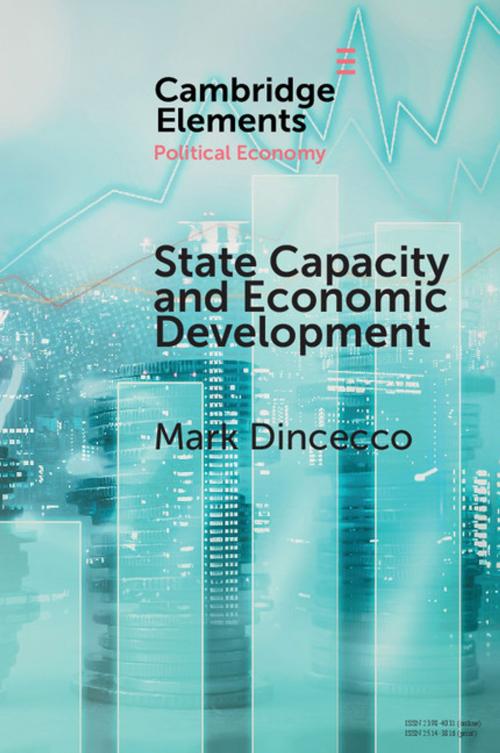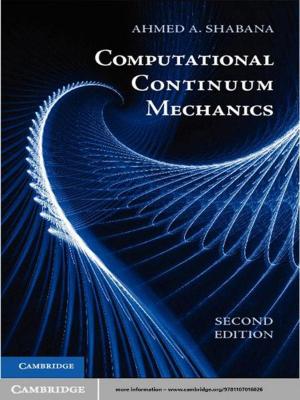State Capacity and Economic Development
Present and Past
Nonfiction, Social & Cultural Studies, Political Science, Politics, Economic Conditions, Social Science| Author: | Mark Dincecco | ISBN: | 9781108335980 |
| Publisher: | Cambridge University Press | Publication: | October 26, 2017 |
| Imprint: | Cambridge University Press | Language: | English |
| Author: | Mark Dincecco |
| ISBN: | 9781108335980 |
| Publisher: | Cambridge University Press |
| Publication: | October 26, 2017 |
| Imprint: | Cambridge University Press |
| Language: | English |
State capacity - the government's ability to accomplish its intended policy goals - plays an important role in market-oriented economic development today. Yet state capacity improvements are often difficult to achieve. This Element analyzes the historical origins of state capacity. It evaluates long-run state development in Western Europe - the birthplace of both the modern state and modern economic growth - with a focus on three key inflection points: the rise of the city-state, the nation-state, and the welfare state. This Element develops a conceptual framework regarding the basic political conditions that enable the state to take effective policy actions. This framework highlights the government's challenge to exert proper authority over both its citizenry and itself. It concludes by analyzing the European state development process relative to other world regions. This analysis characterizes the basic historical features that helped make Western Europe different. By taking a long-run approach, it provides a new perspective on the deep-rooted relationship between state capacity and economic development.
State capacity - the government's ability to accomplish its intended policy goals - plays an important role in market-oriented economic development today. Yet state capacity improvements are often difficult to achieve. This Element analyzes the historical origins of state capacity. It evaluates long-run state development in Western Europe - the birthplace of both the modern state and modern economic growth - with a focus on three key inflection points: the rise of the city-state, the nation-state, and the welfare state. This Element develops a conceptual framework regarding the basic political conditions that enable the state to take effective policy actions. This framework highlights the government's challenge to exert proper authority over both its citizenry and itself. It concludes by analyzing the European state development process relative to other world regions. This analysis characterizes the basic historical features that helped make Western Europe different. By taking a long-run approach, it provides a new perspective on the deep-rooted relationship between state capacity and economic development.















